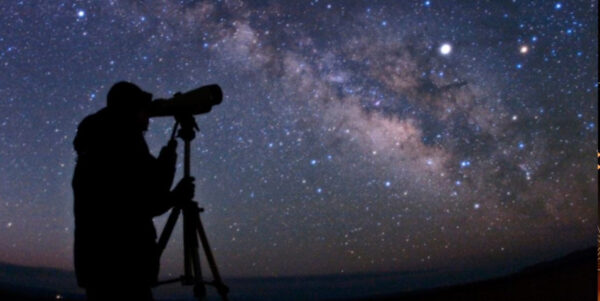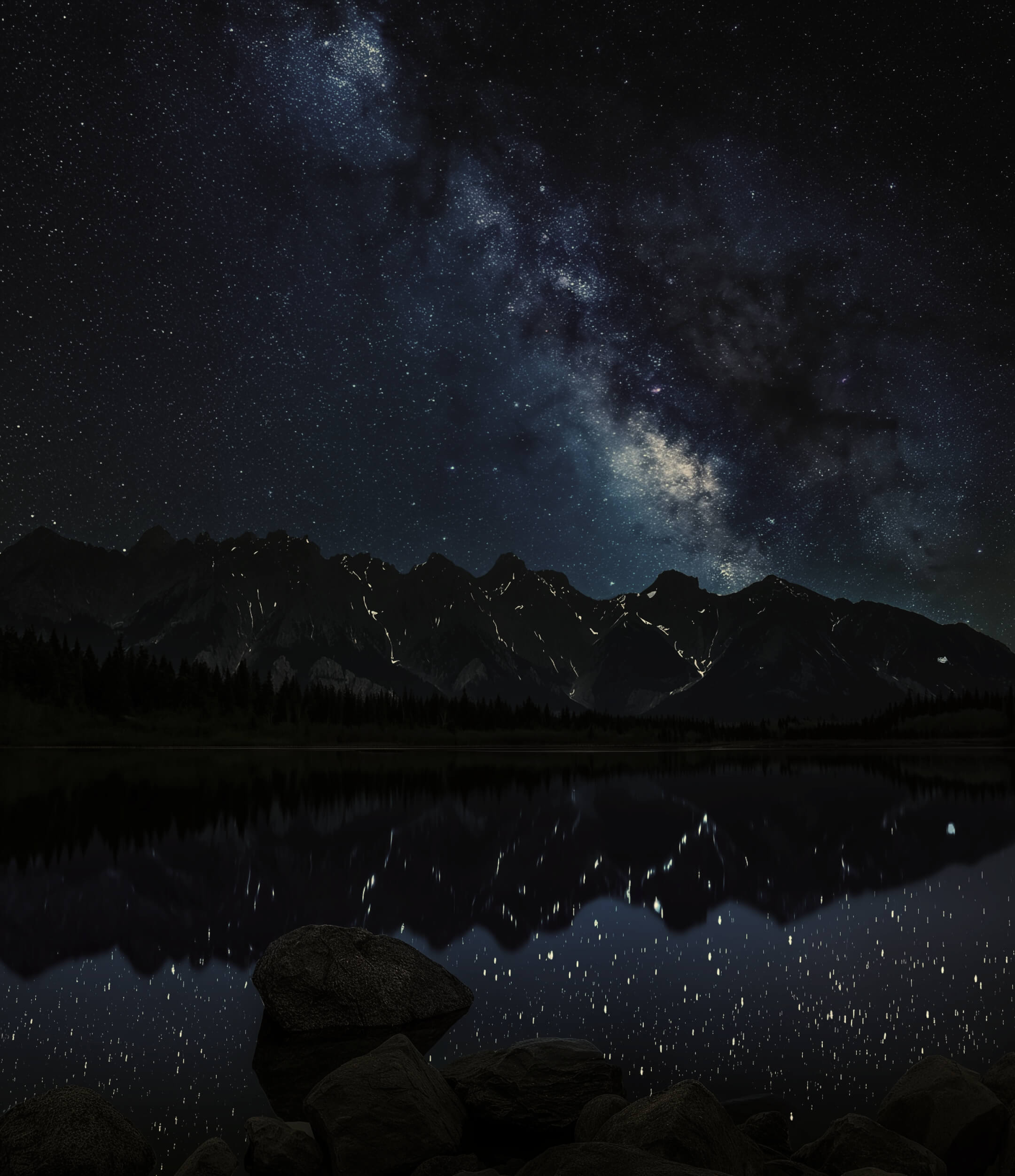Astronomy Day: Light pollution of the skies increases by almost 10% each year


Posteado
Cielos Chile
schedule Tuesday 21 de March
In the coming years, Chile will host 70% of the world’s astronomical observation capacity, which is why, on the national Astronomy day, the Cielos de Chile Foundation calls for alert against the increase in light pollution in the country, the main threat to this activity.
Chile currently concentrates about 50% of the world’s astronomical observation capacity, but within the next decade it will increase to 70%, when new projects involving the installation of large telescopes in the country, such as the Giant Magellan Telescope and the Extremely Large Telescope, begin to operate.
The preference of these projects to be located in Chile is not by chance, it is due to the good condition of the night skies offered by the north of our country, where the phenomenon of light pollution is still low.
“Light pollution is the unnecessary introduction of artificial light into the environment and is due to the emission of light in inappropriate intensities, directions, and colors; which affects the natural brightness of the sky, natural spaces, and sensitive landscapes. In Europe and the United States, already between 80% and 90% of their skies are affected by this condition,” explains Daniela González, Executive Director of the Cielos de Chile Foundation, responsible for protecting Chile’s night skies.
This is the main concern of the Cielos de Chile Foundation, created in 2019 to continue a work that began in the mid-90s, with the first efforts of professional astronomers in Chile, promoting regulations and spreading the issue of light pollution. This is why, on the National Astronomy Day, the Foundation calls attention to preserving the country’s night skies.
“In the world, light pollution is increasing by 9.6% per year, doubling in less than eight years, and the importance of preserving night skies not only impacts astronomical observation but also has significant consequences on climate change, biodiversity loss, and human health,” adds González.
The Foundation also provides support to municipalities and communities in promoting their skies and associated services, through “Star Light Destinations” certifications, an international quality seal awarded to places with exclusive meteorological conditions in terms of clarity and darkness. In Chile, the Fray Jorge National Park in the Coquimbo region and La Mano del Desierto in the Antofagasta region are within this category. Chile also hosts the first International Dark Sky Sanctuary “Gabriela Mistral,” certified in 2015 by the International Dark Skies Association (IDA) in the Elqui Valley.
In the commune of Río Hurtado, the process of certifying its skies before the International Dark Skies Association, IDA, is underway, in addition to already having the municipal ordinance that regulates and prevents light pollution.
HOW TO AVOID LIGHT POLLUTION?
The Executive Director of the Cielos de Chile Foundation highlights three practices to help reduce light pollution, which can be done from home.
- Direction and Purpose: Lighting should be useful and well-directed. In outdoor lighting, fixtures should not emit light towards the upper hemisphere, as any light escaping upwards is unnecessary, wasting energy.
- Intensity and Control: Light should not be brighter than necessary. Consider the conditions of the surface to be illuminated, as these can reflect light towards the night sky. Use controls such as timers or motion detectors to ensure that light is available when needed, dimmed when possible, and turned off when not needed.
- Color: Limit the amount of short-wavelength light (blue-violet) by using warm-colored lights whenever possible. “Cool white” light (very common in LED fixtures) contains a high content of blue emissions, which also suppress melatonin production and have negative impacts on human health. Fortunately, today we have warm-toned LED lights, which combine the energy efficiency of these devices with healthy and responsible lighting.
About the Cielos de Chile Foundation
Cielos de Chile is a private, non-profit institution, whose essential purpose is to protect the quality of the country’s night skies, a unique environmental, cultural, and scientific heritage worldwide; which is being subjected to progressive deterioration due to excessive artificial lighting. In collaboration with various actors in society, we seek to continue expanding our efforts, developing initiatives that allow us a greater impact on the community, articulating efforts at local, regional, and national levels, and working in collaboration with universities and public and private institutions; since the sky is a good for everyone and for all.
Source: Radio Limarí

Subscribe to our newsletter
Receive relevant information about the skies of Chile every month
